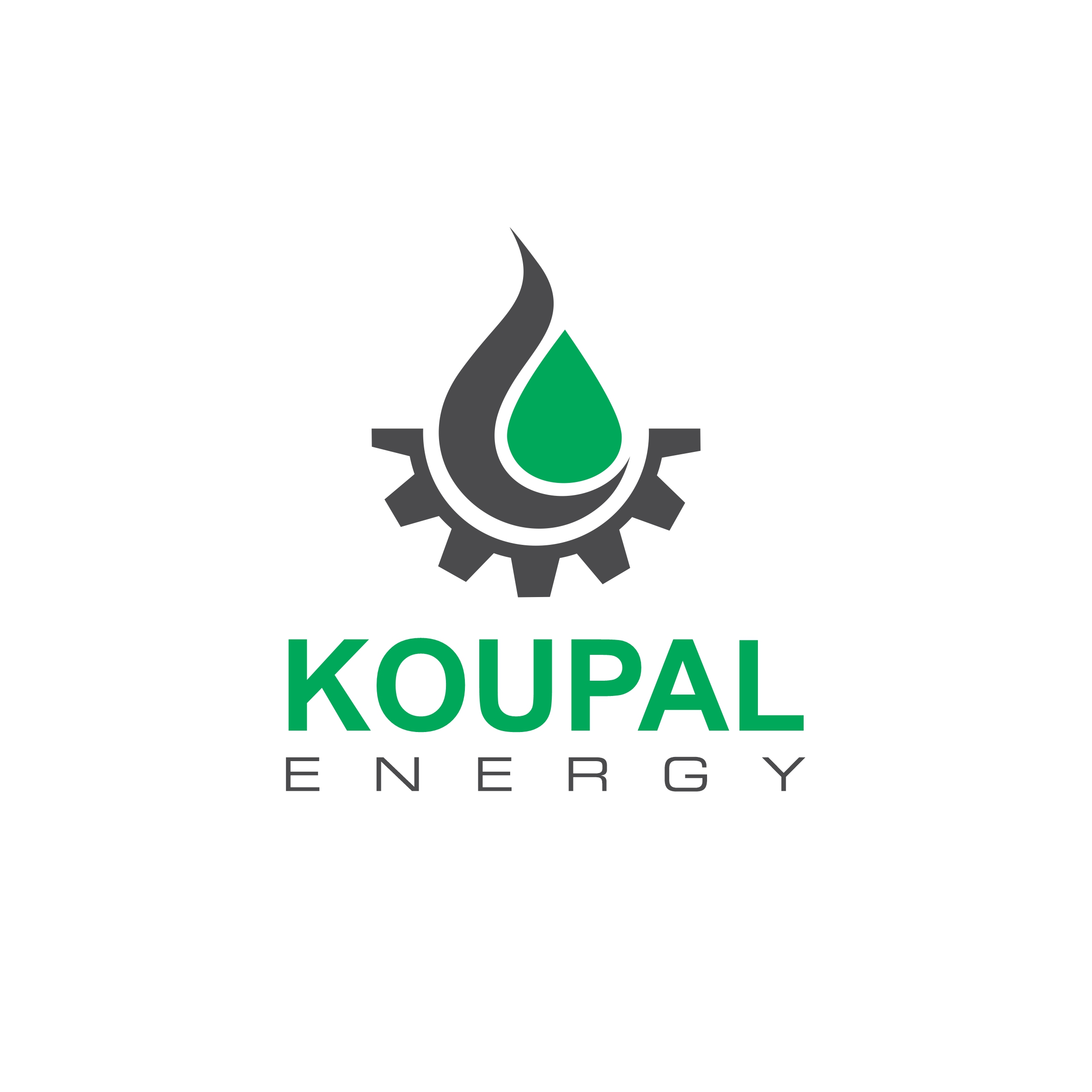Speaker
Description
Gas injection into oil reservoirs encounters several challenges, including the presence of nanopores, asphaltene precipitation, and adsorption of fluid molecules on the porous medium. Miscible gas injection has been shown to be the most efficient method in many cases. Therefore, estimating the minimum miscibility pressure (MMP) is crucial in this process. However, the presence of fluid in the porous medium significantly affects its phase behavior, leading to differences in parameters such as MMP compared to the bulk phase. This study investigates the simultaneous effects of confinement (shift in critical properties of components, adsorption of fluid molecules on the porous medium, and capillary pressure) and asphaltene precipitation on the miscibility of an asphaltenic oil sample with CO2 and NGL gases using modified Peng-Robinson (PR) and cubic-plus-association (CPA) equations of state. The results indicated that asphaltene precipitation significantly delays the miscibility process, with this phenomenon occurring more intensely for CO2. Additionally, the effects of the porous medium on MMP are not negligible at radii less than 100 nm, while at radii greater than this value, the phase behavior approaches the bulk phase.
| Student presentation contest | Opt in |
|---|---|
| Student Poster Contest | Opt In |
| Journal Submission | Consider for Journal Submission |




